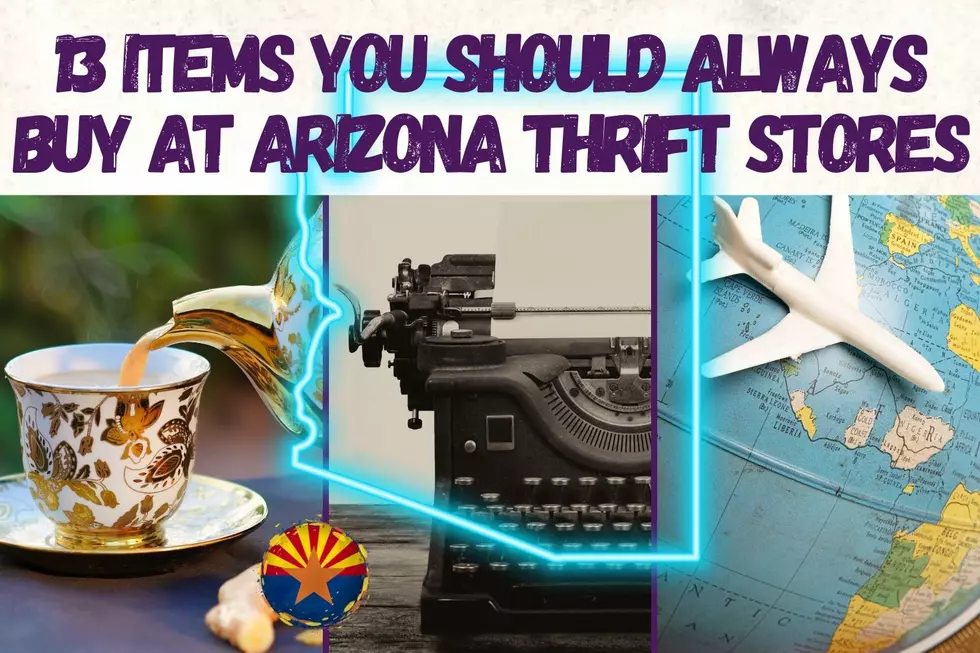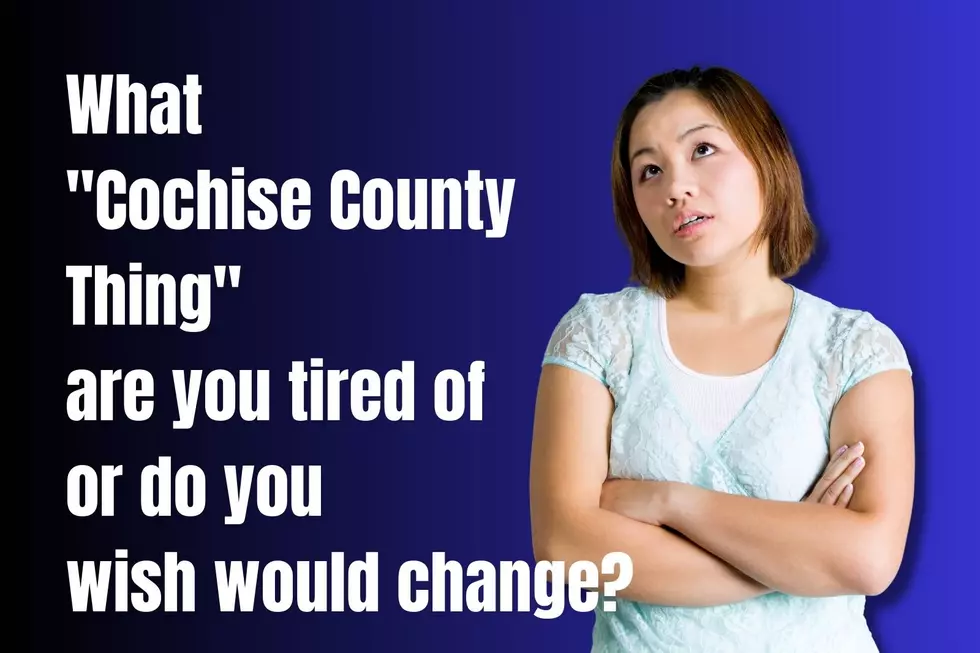
Fraud Alert! Do You Know How to Avoid this Scam in Arizona?
- According to the FTC, there were 5.7 million reports of fraud and identity theft in 2023
- There were almost a million more claims than the previous year
- Consumers lost an average of $850 per incident
- Learn how to protect yourself from becoming a victim of fraud
Arizona Man Falls Victim to a Gift Card Scam Just Before Christmas
It seems like every time we build a safe wall around our family and our finances, crooks across the globe find a way to dig under that wall to separate us from our hard-earned money.
It happened in Cochise County right before Christmas. Gila Valley Central reported that a man in Safford was defrauded out of $10,000, through a common ploy used by scammers.

How the Computer Support "Gift Card" Scam Works
According to the Safford Police report, a few days before Christmas, a Safford man received a telephone call from a person claiming to work for the McAfee anti-virus support team. The scammer convinced the man to grant him remote access to his computer to "resolve an issue" with the software.
When the man granted remote access, he unwittingly allowed the scammer to access the victim's banking information. The scammer claimed to have “accidentally” deposited a hefty sum of money into the victim’s bank account.
The scammer told the man he'd have to repay the money by purchasing and transferring the funds with gift cards. The man was instructed to transfer the redemption codes to the scammer to "repay" the money.
How to Avoid Being a Victim of This Common Gift Card Scam
As consumers, we have to be vigilant and informed about this type of scam. Using calls and text messages to connect, posing as "tech support", requesting remote access to "fix" a computer, and simply taking advantage of the human urge to help someone fix a mistake - these are all ways scammers find their way into our computers and into our wallets.
The Federal Trade Commission (FTC) has some tips on how to avoid falling victim to this type of scam:
- Block unwanted calls and text messages. Scammers often begin the scam with calls or text messages. They trick you into giving them your personal or financial information.
- If you didn't initiate contact with the company, don't share any information. Legitimate companies won’t ask you to verify or update your account details over an email, text message, or phone call. Hang up or log off and call the company directly
- Don't give in to pressure to act immediately. Scammers will give you a sense of urgency to pressure you into making a quick decision. Step back and check the facts before sharing information or making any form of payment.
- Red Flag! Scammers tell you to pay with alternative means. If the scammer is insisting you pay with an alternative payment like cryptocurrency, wire transfer, a payment app, or a gift card, you won't be able to trace the money, cancel the payment, or recover the funds. This is a big red flag. Legitimate companies will never ask you to do this.
If you think you've been the victim of a scam or fraud, report the suspicious activity to the Federal Trade Commission. Call 1-877-FTC-HELP to file a complaint on their website, consumer.ftc.gov.
Watch as YouTube user @KitbogaShow trolls a scammer who tries to use this gift card scam.
Beware! The #1 Cause of Death in Arizona Revealed
Gallery Credit: Val Davidson
If Arizona Had a Warning Label, What Would It Say?
Gallery Credit: Val Davidson/TSM
LOOK: Which movies were filmed in Arizona?
Gallery Credit: Stacker
More From K101









